Have you ever wondered what causes doggy breath, or why some of your pet’s teeth are covered in a hard brown substance? Wonder no more, because Guam Pet Hospital has answers to all your burning questions about your pet’s dental health.
Question: How can dental disease harm my pet?
Answer: You may think dental disease harms only your pet’s mouth, but it can cause more problems than that. In addition to painful gingivitis, tooth loss, jawbone loss, and abscesses, your pet can experience heart, liver, and kidney disease. Oral bacteria are incredibly opportunistic. They can sneak into your pet’s bloodstream through inflamed gingival tissue and travel to prime places to set up shop for infection, like your pet’s heart valves. Not only can dental disease cause significant damage to your pet’s mouth, but it can also cause systemic infection and harm major organs.
Q: What dental disease signs should I be watching for in my pet?
A: A major clue is that doggy breath odor you smell when your furry pal leans in for a kiss. Many people believe doggy or tuna breath are normal for their pets, but a healthy mouth should not smell. Oral bacteria are the source of that odor and also the cause of dental disease. Only hours after your pet eats, sticky plaque begins to form on their teeth, hardening to tough tartar in a day or two, and trapping bacteria in their mouth. As the tartar accumulates, you will notice a brown, yellow, or gray substance on your pet’s teeth that will only continue to grow without a professional dental cleaning. Tartar cannot be removed through toothbrushing alone, so plaque must be scrubbed away before it can harden into tartar. Signs your pet’s mouth is being affected by dental disease include:
- Red, inflamed, or bleeding gums
- Bad breath
- Plaque and tartar accumulation
- Cracked, worn, loose, or missing teeth
- Reluctance to eat, especially hard food and treats
- Pawing at the face or whining while eating
- Refusal to play fetch or tug-of-war
Q: What can I do to keep my pet’s mouth healthy?
A: You wouldn’t skip brushing your teeth between your dentist visits, and neither should your pet. While twice daily toothbrushing is the goal for at-home dental care, you can supplement your pet’s routine with dental chews, treats, prescription diets, food and water additives, and dental wipes. When choosing dental products to help combat plaque and tartar, look for items stamped with the Veterinary Oral Health Council’s (VOHC) seal of approval. Dental products that meet the VOHC’s standards for slowing plaque and tartar accumulation are awarded the seal of approval, signaling their efficacy.
Q: Are there any chews and toys I should avoid for my pet?
A: You may believe all chews and toys are great for helping scrape away stubborn plaque and tartar. However, many of the more durable, longer-lasting chews can be detrimental to your pet’s health. When choosing a chew toy, check its hardness by banging it against your knee. If it hurts, it’s too hard for your pet’s teeth and could cause enamel damage or fracture a tooth. Common chews to avoid are antlers, hooves, and bones. Tennis balls can also cause enamel wear if your pet obsessively chews on them.
Q: How does my veterinarian help with my pet’s dental care?
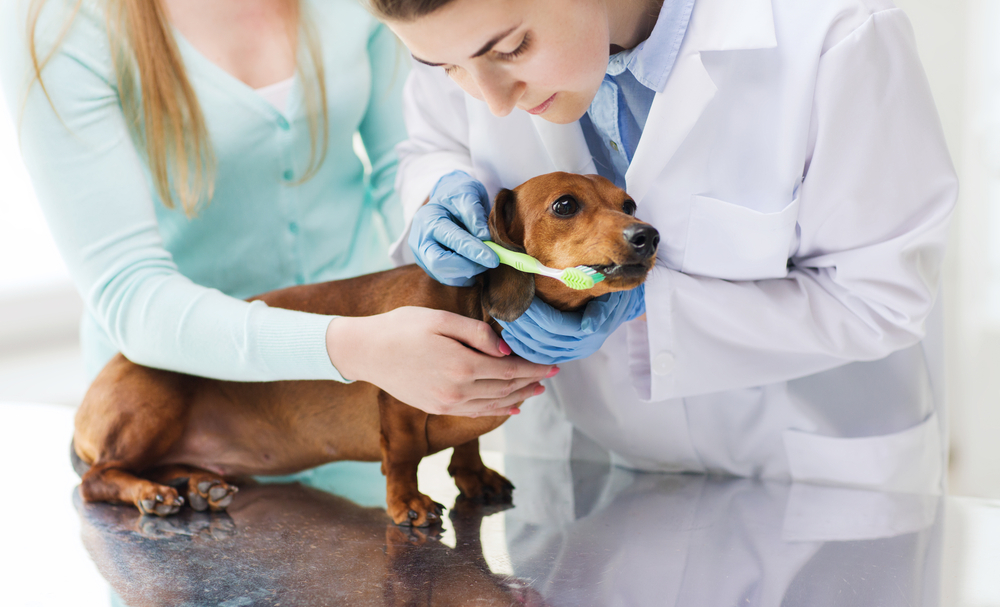
A: Your home dental care routine for your pet can help lengthen the time between dental cleanings, but your furry pal will inevitably require professional dental care at some point. Toothbrushing and dental care products can tackle the plaque visible on the teeth above the gumline, but as much as 60% of each tooth lies below the gumline, trapping bacteria. During your pet’s dental cleaning, our team will carefully remove every trace of plaque and tartar above and below the gumline with handheld tools and an ultrasonic scaler. We’ll also polish away imperfections in the enamel to provide a smooth surface that is more difficult for plaque to adhere to and finish off with a strengthening fluoride treatment. Once we’ve cleaned your pet’s teeth and treated any oral issues, your furry pal will recover from anesthesia and head home to you with kissable fresh breath.
Nobody enjoys making your pet’s pearly whites shine again more than our Guam Pet Hospital team. To schedule your furry pal’s comprehensive dental cleaning, call our office.


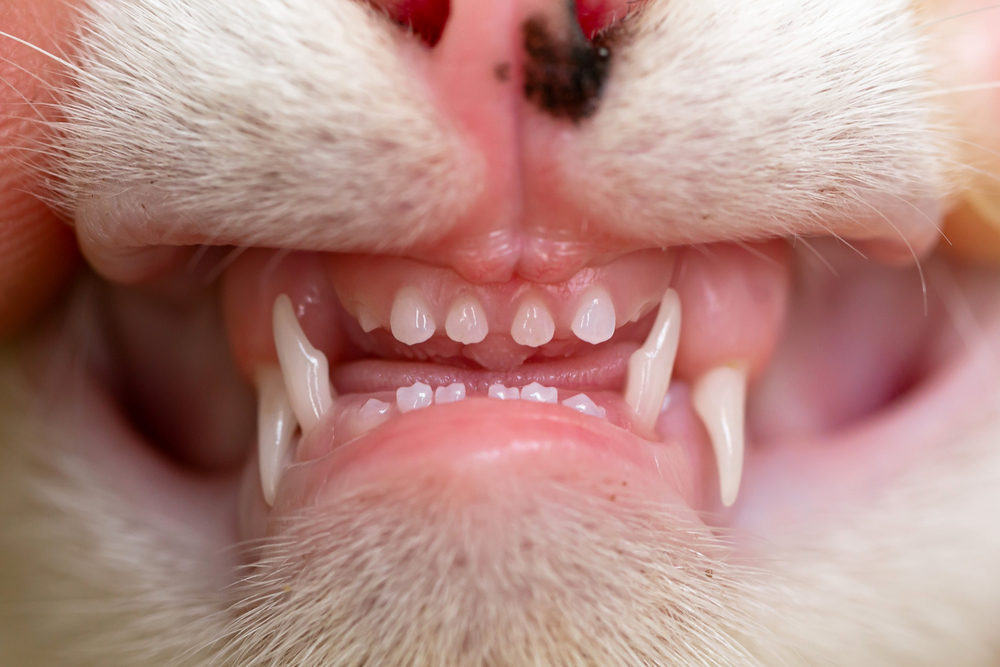
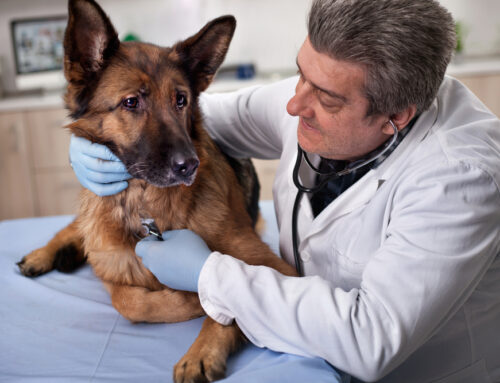
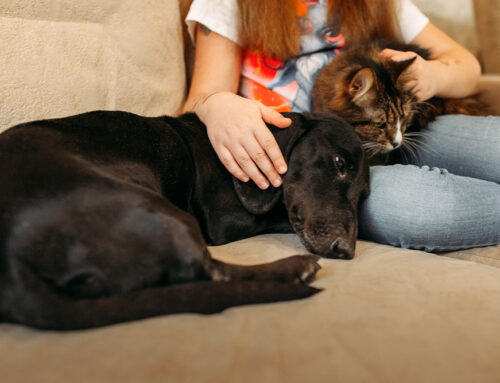
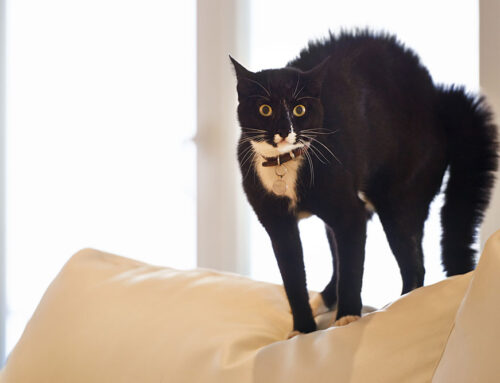


Leave A Comment